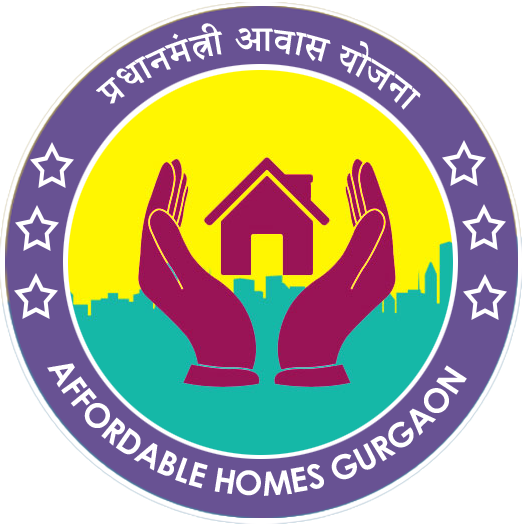What is Deen Dayal Jan Awas Yojna?
Everything you need to know about Deen Dayal Jan Awas Yojna
Home is a place where we all find solace. Whether big or small, home is a home. It gives financial security and mental peace. When you have a place which you can call yours, life seems perfect. It is one of the essential requirements of life. Blessed are you if you already have a home! However, there are many people who decide to move out of their joint families and plan to build their own shelter. Thanks to affordable housing schemes run by government of India.
What is Deen Dayal Jan Awas Yojna?
Deen Dayal Jan Awas Yojna is Haryana government’s initiative to encourage high density plotted colonies development in medium and low potential towns of Haryana through a liberal policy framework.
The objective behind commencement of this scheme is to curb the mushrooming of unauthorised colonies and achieve the target of “Housing for All by 2022”. This scheme falls under prime Minister Awas Yojna (PMAY) and has been approved under the Haryana Government’s consolidated licensing policy 2015. As per the provision of DDJAY, developers or builders are allowed to build housing society or colony in 5 acres to 15 acres of land bank. The most fascinating benefit about this policy is that the prospective buyers can avail loan up to 75% of the property value on plots from all leading public and private sector banks and up to 90% loan is available on builder floors and flats.
Benefits for buyers under Deen Dayal Jan Awas Yojna
- Buyers have the freedom to purchase freehold, loanable and litigation free plots under this scheme. First time home buyers are also eligible for interest benefit of upto 2.35 lacs under credit linked interest subsidy scheme known as Pradhan Mantri Jan Awas Yojna (PMAY) of the government.
- Under DDJAY scheme, developers can register four independent floors on each plot with the provision of stilt parking and lift.
- Each floor is eligible for separate registry and therefore separate bank loans can be taken for each floor. The total FAR on each plot makes for 2.68.
- Under DDJAY scheme, only 50% of plots can be allotted before their development. Remaing 50% plots are only allowed for allotment or sale after completion of township or after obtaining the completion certificate from teh Director Town and Country Panning, Haryana Govt.(DTCP).
- The developer or the colonizer has to transfer 10% area of the licensed colony to the government for the development and upkeep of community facilities.
- The town planning scheme under DDJAY is allowed only in residential zones of towns as mentioned in the master development plans.
- In order to encourage development of these colonies by private colonizers, the external development charges and rates of license fee have been reduced greatly, while the infrastructure development and the conversion charges have been removed.
- After 90 days of application, the CLU will be approved
- The maximum allowed area of the plot size under DDJAY is 150 sq.mt. (180 sqyards). Also the maximum and minimum density per acre is 240 and 400 people respectively.
- Under DDJAY, for the medium potential towns, the license fee will be levied at a rate of Rs 1 lac per acre and Rs, 10,000 per acre in case of low potential towns. High and Hyper potential zones EDC charges will be same as under normal plotted townships. In case of Sohna, the EDC charges are around Rs 90 Lacs per Acre.
- Teh developer or the colonizer is responsible to sell licensed area in two phases. After the completion of internal development work of the complete township, the 50% licensed area can be sold. For this, the colonizer is required to mortgage 15% of saleable area.
- The colonizer is required to transfer 10% of the licensed area to the government for the development of the community facilities.
- It is mandatory for all the developers to complete the housing projects within 7 years of the grant of the license.
- All the flats developed under DEEN Dayal Jan Awas Yojna are built by the private housing construction companies under the supervision of state government.
- DDJAY scheme will certainly reduce the increase in unauthorized colonies in the state.
- Allotment under DDJAY scheme is done under first cum first basis unlike other affordable housing scheme where draw of lots is conducted.
